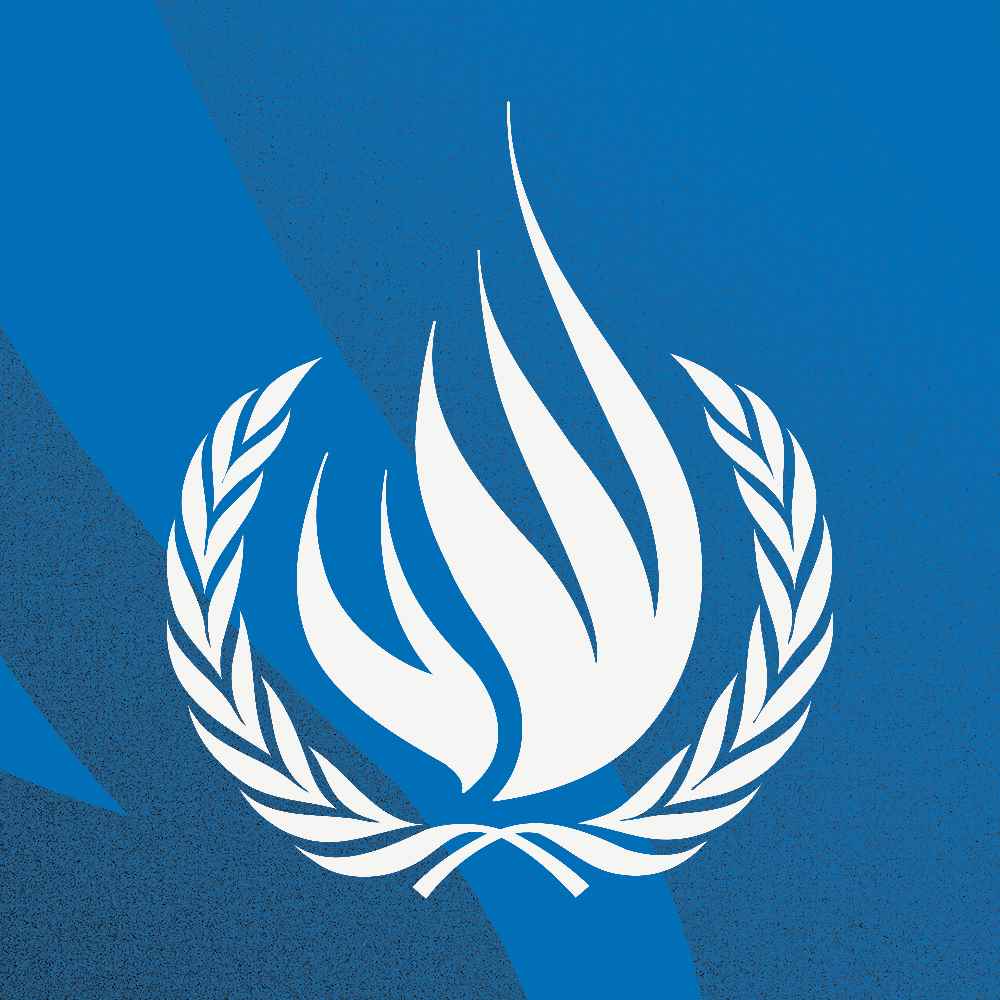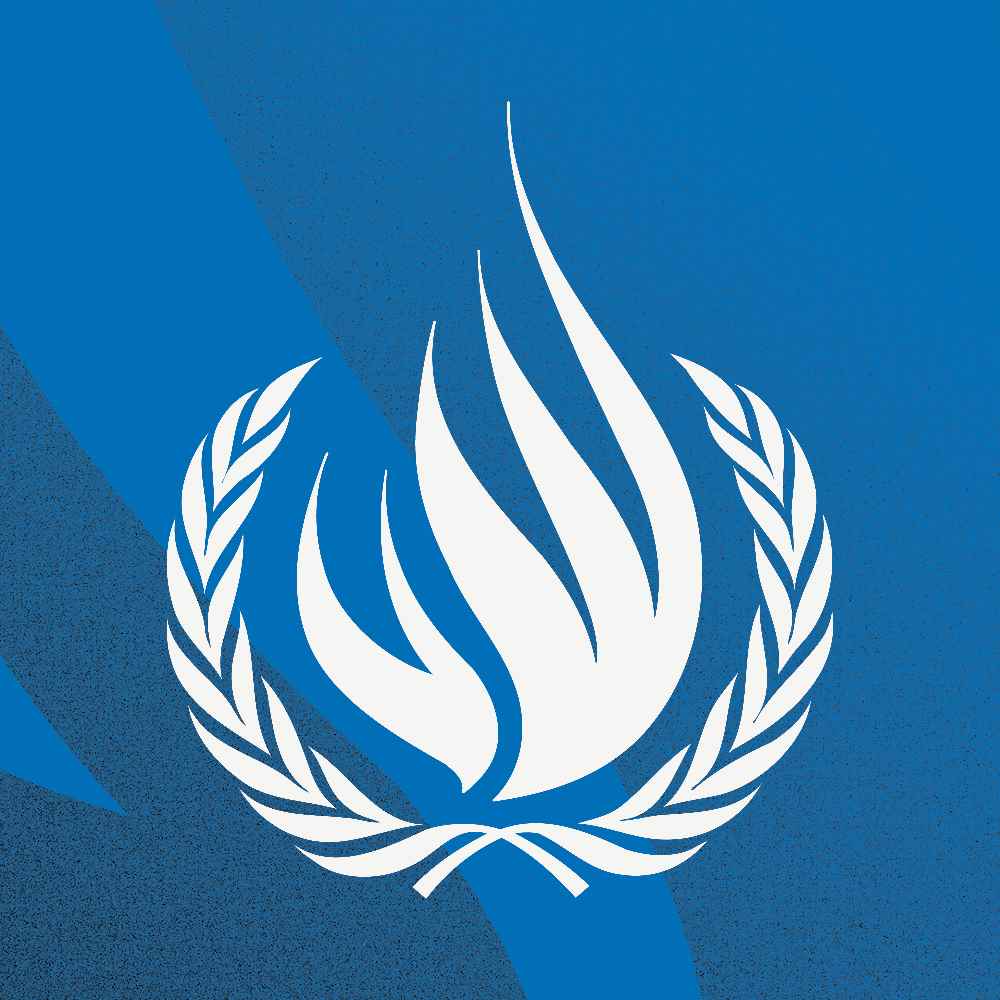
The Committee on the Rights of Persons with Disabilities this afternoon closed its thirty-first session after adopting concluding observations on the reports of Belarus, Belgium, Benin, Burkina Faso, Denmark, Ghana, Mauritius, Netherlands and Ukraine.
Vivian Fernandez de Torrijos, Committee Rapporteur, said that, in addition to the nine States party reports, the Committee had considered six individual communications submitted under the Optional Protocol during the session. It found violations in two of them, no violations in one, and discontinued the other three. The Views and decisions would be transmitted to the parties as soon as possible and would be subsequently made public. The Committee also adopted guidelines on third-party interventions regarding communications submitted under the Optional Protocol, and considered matters related to inquiries pursuant to the Optional Protocol.
Also during the session, Ms. Fernandez de Torrijos said the Committee continued with the drafting process of general comment nine on article 11 of the Convention and established a Working Group to draft a general comment on article 29 of the Convention. It also decided to continue engaging with the United Nations Office at Geneva and the Office of the United Nations High Commissioner for Human Rights to improve the provision of accessible conference services and reasonable accommodation to members of the Committee and participants with disabilities at Committee meetings. The Committee further adopted a statement on persons with disabilities affected by disasters, and a statement on disability-inclusion in the Summit of the Future.
The Committee decided that, subject to the availability of funding, its thirty-second session would be held in Geneva from 3 to 21 March 2025, to be followed by the twentieth meeting of the pre-sessional working group from 24 to 28 March 2025, Ms. Fernandez de Torrijos reported.
With 191 ratifications, the Convention was the second largest ratified human rights treaty, she said. However, the Committee was concerned that meeting time and resources allocated to it did not match the large number of ratifications. It called on Member States and all competent United Nations bodies to rectify this situation by increasing the meeting time and resources allocated to the Committee through the granting of a third session of at least three weeks of meeting time.
Ms. Fernandez de Torrijos said the Committee remained concerned about the increasing number of initial and periodic reports pending to be considered, and called on Member States and concerned bodies to grant the Committee sufficient meeting time and resources to address this backlog. The Committee also called on States parties with long overdue reports to submit them as expeditiously as possible. Along with the Capacity Building Project of the Office of the High Commissioner, the Committee decided to engage actively with States parties with reports that were overdue for more than 10 years to build capacity for reporting.
Concluding, the Rapporteur said the Committee had also adopted the report on its thirty-first session.
The Committee then heard remarks from three speakers.
Edgar Corzo Sosa, Member of the Committee on the Rights of all Migrant Workers and Members of their Families, said that he was involved in an initiative to collect and analyse information and elaborate documents on the rights of people with disabilities in the context of migration. The International Day of Persons with Disabilities and International Migrants Day, commemorated on 3 and 18 December, respectively, were excellent opportunities to promote this initiative. There were plans to produce a guide on the protection of the rights of persons with disabilities in the context of migration for international, regional and country-level migration systems, and to develop a joint statement on this subject by the two Committees. Mr. Corzo Sosa said he would continue to keep the Committees informed about progress on the initiative.
Juan Ignacio Pérez Bello, International Disability Alliance, thanked the Committee for its work during the session. Civil society organizations were looking forward to reading the concluding observations for the nine States party reviews held during the session. The lack of resources for the treaty bodies was a major concern. Civil society organizations would continue to push for sufficient resources to be provided to the system through the General Assembly resolution on strengthening the treaty bodies scheduled for consideration in December. The International Disability Alliance welcomed the Committee’s efforts to develop two general comments on articles 11 and 29 of the Convention. Mr. Pérez Bello urged the Committee not to hold a public meeting with organizations of persons with disabilities immediately after its opening in the next session, as this took away crucial time from private meetings. He thanked the five outgoing Committee Experts for their contributions to the Committee and congratulated the Committee for its achievements during the thirty-first session.
A representative from Justice for All International congratulated the Committee on completing its thirty-first session. The organization was particularly interested in the issue of reasonable accommodation and was following up on cases involving reasonable accommodation in countries around the world, including Switzerland.
In closing remarks, Gertrude Oforiwa Fefoame, Committee Chairperson, highlighted that during the session, the Committee had engaged with nine States parties of the Convention in very constructive and interactive dialogues, and engaged with organizations of persons with disabilities, national human rights institutions and independent monitoring mechanisms to enrich its work. The Committee had made advocacy efforts to ensure disability inclusion in the Pact of the Future, the Declaration on Future Generations, and the Global Digital Compact, and to promote the full inclusion of persons with disabilities in the post-2030 development agenda.
Ms. Oforiwa Fefoame said there were five outgoing Committee Experts: Rosa Idalia Aldana Salguero (Guatemala), Vivian Fernandez de Torrijos (Panama), Odelia Fitoussi (Israel), Samuel Njuguna Kabue (Kenya) and Saowalak Thongkuay (Thailand). These members had significantly contributed to the work of the Committee during their terms. The Committee would miss these members but would continue to connect with them.
It had been an intensive session, Ms. Oforiwa Fefoame said. She thanked all Committee members and their assistants, members of the Secretariat, civil society representatives, conference officers and all others who had contributed to making the session successful. In closing, she pledged her commitment to the continued progress of the Committee.
Summaries of the public meetings of the Committee can be found here, while webcasts of the public meetings can be found here. The programme of work of the Committee’s thirty-first session and other documents related to the session can be found here.
Subject to the availability of funding, the Committee’s thirty-second session will be held in Geneva from 3 to 21 March 2025, during which it is scheduled to review the reports of Canada, Dominican Republic, European Union, Palau, Tuvalu and Viet Nam.
Produced by the United Nations Information Service in Geneva for use of the information media; not an official record.
English and French versions of our releases are different as they are the product of two separate coverage teams that work independently.










